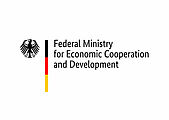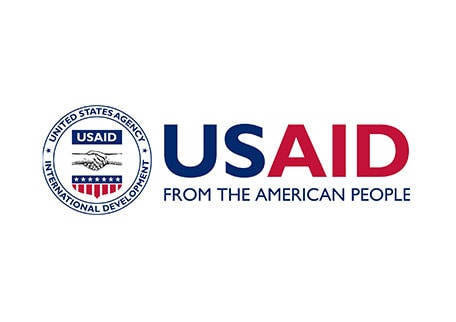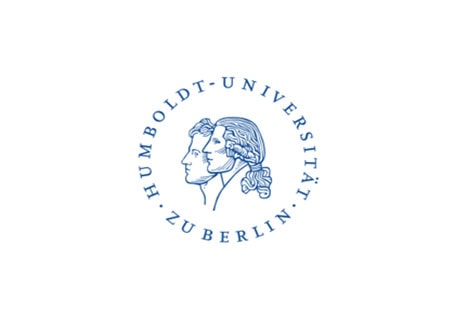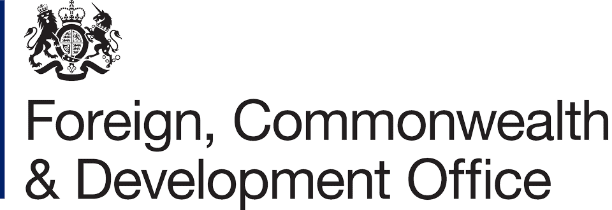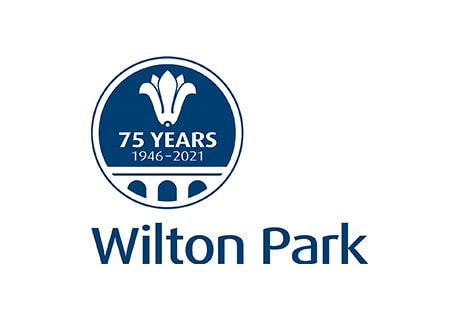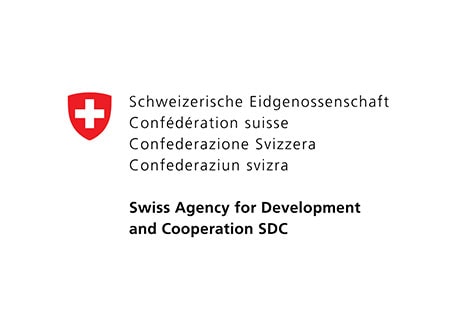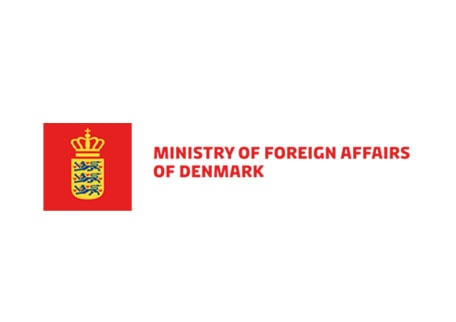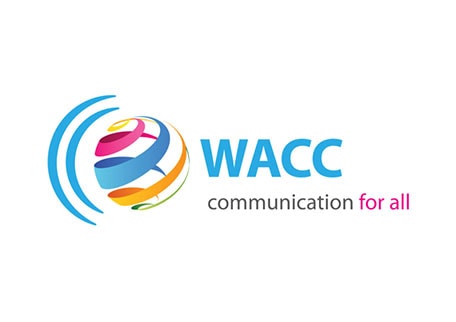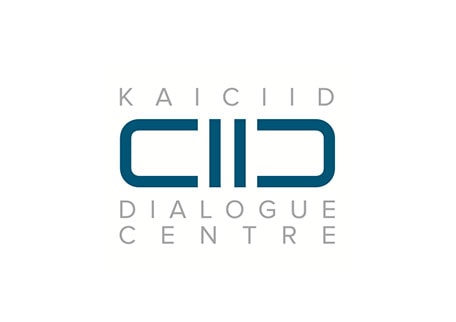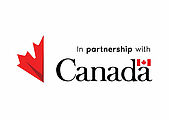WECARE Resource Catalogue
Resources Regarding Water, Environment and Climate Action
The PaRD Water, Environment and Climate Action (WECARE) Workstream presents key articles, links and videos around SDGs 6, 13, 14, 15*, sorted by organisation in alphabetical order:
Following a series of initiatives and conventions organised in partnership with faith-based organizations, the UN Environment Programme (UNEP) launched the Faith for Earth Initiative in November 2017. The goal of Faith for Earth is to strategically engage with faith-based organizations and partner with them to collectively achieve the Sustainable Development Goals (SDG) and fulfill the objectives of the 2030 Agenda.
- Catholic Youth Network for Environmental Sustainability in Africa (CYNESA) on Faith for Earth
- Declaration Faith for Nature: Our Sacred Commitment
- Faith for Earth: A Call for Action
- Faith for Earth Dialogue Synthesis Report
- Faith for Earth Strategy
- FAITH FOR NATURE: Multi-faith action
- People and Planet: Faith in the 2030 Agenda
- Report on Symposium Faith Action on the UN Sustainable Development Goals: Progress and Outlook
- The Role of Environmental and Spiritual Ethics in Galvanizing Nature Based Solutions Paper
- UNEP: Video on Faith for Earth
- UNEP: Environment, religion and culture in the context of the 2030 Agenda
The Global Ethics Network of Teachers and Institutions wants to apply Ethics in Higher Education. They offer teacher training, research, course development and collaborative projects, support institutions, provide professions with educational materials and encourage students to behave ethically.
Discussion Paper Series of the Research Programme on Religious Communities and Sustainable Development by Humboldt University of Berlin:
- See the video collection of religious leaders and clergy on spirituality and sustainability made available by the Interfaith Center for Sustainable Development.
- Seven infographics on the connection between religion and ecology with the general Bible version.
- 18 Jewish ecological topics, with articles, source sheets, videos, and podcasts.
- A Faith and Ecology blog
- Video: Introducing the Interfaith Rainforest Initiative
- Tropical Forests: A Resource Under Threat – An Issue Primer for Religious Leaders and Faith Communities
- Tropical Forests and Climate Change – An Issue Primer for Religious Leaders and Faith Communities
- Indigenous Peoples: Guardians of the Forests – An Issue Primer for Religious Leaders and Faith Communities
IRI faith toolkits on forest protection for religious leaders and faith communities:
- A Baha’i Toolkit (English | Portuguese | Spanish)
- A Buddhist Toolkit (English | Portuguese | Spanish)
- A Catholic Toolkit (English | Portuguese | Spanish | French)
- An Evangelical Toolkit (English | Portuguese | Spanish | French)
- A Hindu Toolkit (English | Portuguese | Spanish)
- A Jewish Toolkit (English | Portuguese | Spanish)
- A Muslim Toolkit (English | Portuguese | Spanish | French)
- A Protestant Toolkit (English | Portuguese | Spanish | French)
The Joint Learning Initiative on Faith and Local Communities (JLI) is an international collaboration committed to convening academics, practitioners, and policymakers to examine the research and evidence on the role of religion in humanitarian and development aid. JLI also considers topics such as climate change, climate justice, the environment, and ecology as future interests for a possible Learning Hub. It focuses on the specific intersections of climate, faith-based international humanitarian and development work, and a focus on research and evidence.
- Resource guide on Climate Change for Religious Communities by Religions for Peace International
- For better or for worse. The role of religion in development cooperation (2019). With articles by Rev. Henrik Grape and Dave Bookless | Swedish Mission Council
Sustainable preaching – ecumenical preaching suggestions, aligning the lectionary Bible readings into the global context of sustainable life and action:
The WEA Sustainability Center (WEASC) inspires and empowers followers of Christ to exercise leadership on all levels of sustainability efforts and equips churches and congregations around the world to implement Creation Care on a daily basis and thus become a strong, legitimate, and unified voice in global debates on sustainability.
Disclaimer: Owing to its nature as an international partnership bringing together governmental and intergovernmental entities with diverse Civil Society Organizations (CSOs)/ Faith-based Organizations (FBOs), PaRD does not endorse specific policies or advocate for the adoption of policies by government or international organizations. Rather, PaRD dedicates itself to creating a neutral space for all its members to discuss development goals, review evidence-based research, share best practices, and develop independent policy recommendations, with the aim of fostering partnership between government and faith-based organizations, while respecting the unique identity and positions of all members. For this reason, research, publications, or policy recommendations published by either individual or collaborative organizational members of PaRD, represent solely the opinions of the authors and the independent organizations they represent. Such publications do not reflect, nor are intended to reflect, the views of PaRD, its leadership team, the full body of its members, nor any consensus of members within the PaRD network.

